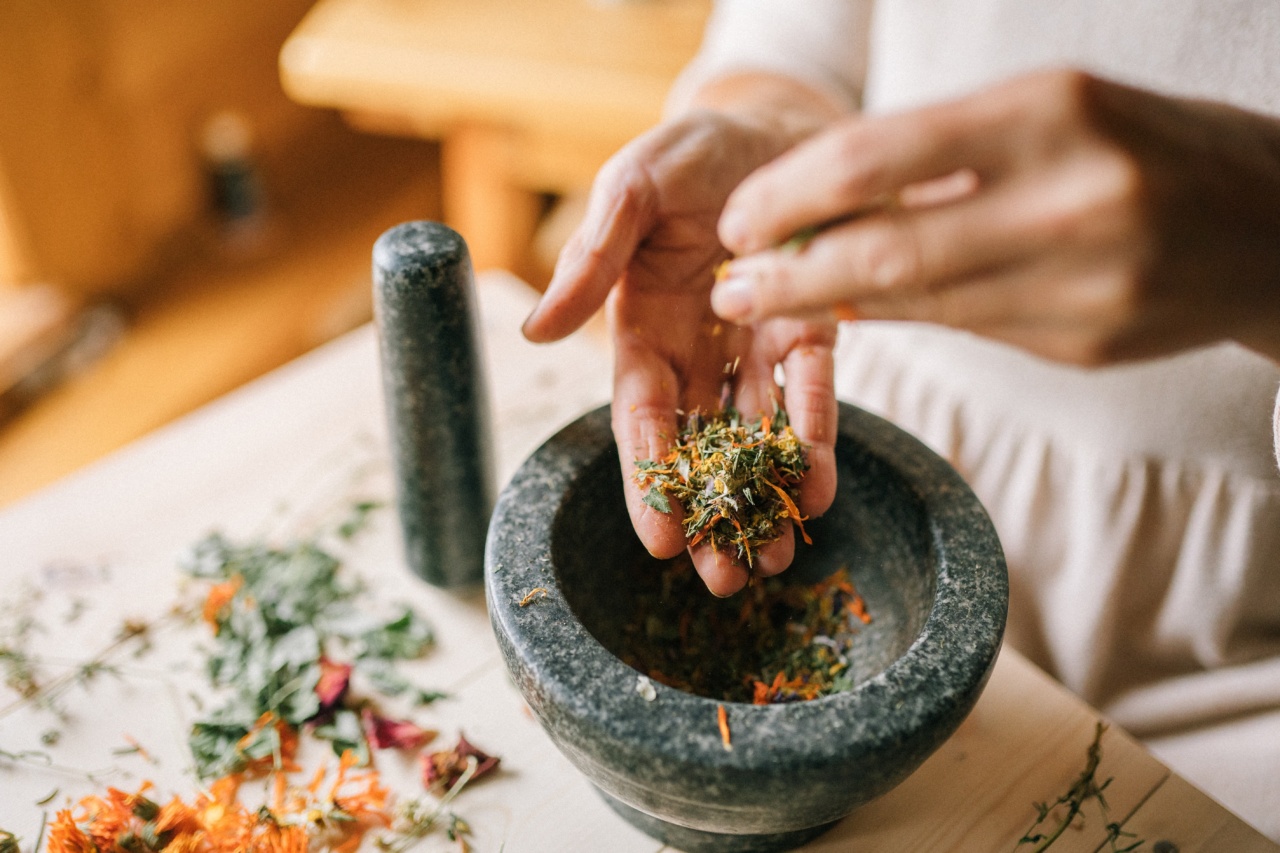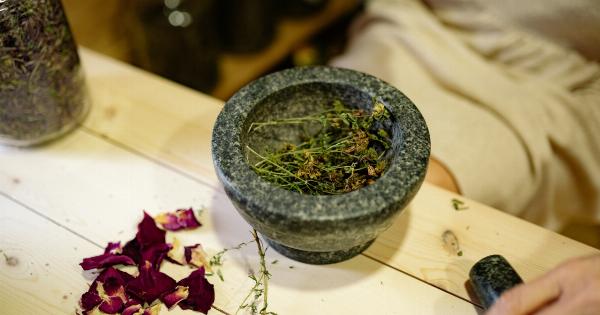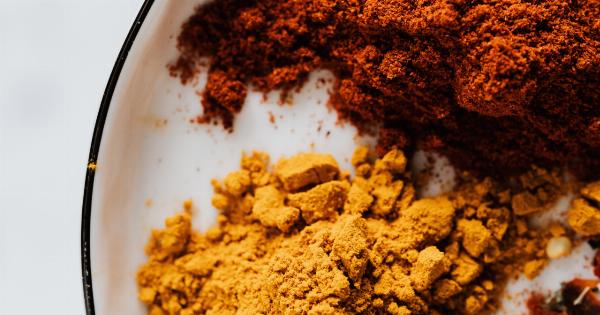Female infertility refers to the inability of a woman to conceive or carry a pregnancy to term. It can be a distressing condition, and it affects millions of women worldwide. There are various factors that can contribute to female infertility, including:.
1. Hormonal Imbalances
Hormonal imbalances can disrupt the normal functioning of the reproductive system and affect a woman’s ability to conceive.
Conditions such as polycystic ovary syndrome (PCOS) and hypothyroidism are often associated with hormonal imbalances that can lead to infertility.
2. Ovulation Disorders
Ovulation disorders, such as irregular or absent ovulation, can interfere with the release of eggs from the ovaries, making it difficult for fertilization to occur.
These disorders can be caused by factors such as hormonal imbalances, stress, excessive exercise, and certain medical conditions.
3. Fallopian Tube Blockage
A blockage or damage in the fallopian tubes can prevent the fertilization of an egg and its journey to the uterus. Common causes include pelvic inflammatory disease (PID), endometriosis, and previous surgeries in the pelvic area.
4. Uterine Issues
Abnormalities in the uterus, such as uterine polyps, fibroids, or structural abnormalities, can interfere with implantation or the development of a healthy pregnancy.
These issues can be identified through imaging tests and may require medical intervention.
5. Age
Age plays a significant role in female fertility. As women age, the number and quality of their eggs decline, making it more challenging to conceive.
This decline in fertility usually begins after the age of 35 and becomes more pronounced in the late 30s and early 40s.
6. Lifestyle Factors
Poor lifestyle choices, such as smoking, excessive alcohol consumption, drug abuse, and an unhealthy diet, can negatively impact fertility. Maintaining a healthy lifestyle can improve overall reproductive health and increase the chances of conception.
7. Stress
Chronic stress can disrupt hormonal balance and interfere with the regularity of menstrual cycles, ovulation, and overall fertility.
Finding effective stress management techniques, such as yoga, meditation, or counseling, can help reduce the impact of stress on fertility.
8. Weight Issues
Both obesity and being underweight can affect fertility. Excess body fat can disrupt hormone production, while being underweight can lead to irregular or absent ovulation.
Achieving a healthy weight through a balanced diet and regular exercise can improve fertility outcomes.
Herbal Solutions for Female Infertility
Many women with infertility issues turn to herbal remedies as a natural and holistic approach to enhancing fertility.
While scientific evidence for the effectiveness of these remedies is limited, some herbs have been traditionally used and may offer potential benefits. It is essential to consult with a healthcare professional before incorporating herbal remedies into your fertility treatment plan.
1. Vitex (Chaste Tree Berry)
Vitex is a popular herb used to balance hormones and regulate menstrual cycles. It may help in cases of hormonal imbalances, such as PCOS or irregular periods. It can be taken as a supplement or in the form of herbal tea.
2. Maca Root
Maca root is known for its adaptogenic properties, which can help the body cope with stress and support hormonal balance. It is commonly used to promote fertility and improve sexual function. Maca can be consumed in powder form or as a supplement.
3. Raspberry Leaf
Raspberry leaf is often used to enhance fertility and support uterine health. It is believed to tone the muscles of the uterus and improve the chances of successful implantation.
Raspberry leaf tea is a popular way to incorporate this herb into one’s routine.
4. Dong Quai
Dong Quai has been used in Traditional Chinese Medicine for centuries to support female reproductive health. It is believed to stimulate blood flow to the pelvic area, regulate hormone levels, and promote a healthy menstrual cycle.
Dong Quai is available in capsule or tincture form.
5. Evening Primrose Oil
Evening Primrose Oil contains essential fatty acids, including gamma-linolenic acid (GLA), which may help improve cervical mucus production and promote a healthy uterine lining. It is commonly used by women trying to conceive.
Evening Primrose Oil is available as a liquid or in capsule form.
6. Red Clover
Red Clover is rich in phytoestrogens, plant compounds that mimic the effects of estrogen in the body. It is believed to promote hormonal balance and support reproductive health. Red Clover tea or supplements are available for consumption.
7. Tribulus Terrestris
Tribulus Terrestris is an herb commonly used to improve fertility and enhance libido. It may help regulate ovulation and boost reproductive hormone levels. It is available as a supplement or in a powdered form.
8. False Unicorn Root
False Unicorn Root is an herb that has been used in Native American medicine to promote female fertility. It is believed to regulate menstrual cycles and improve the chances of conception. False Unicorn Root can be found in tincture or powder form.
9. Shatavari
Shatavari is an important herb in Ayurvedic medicine known for its rejuvenating effects on the female reproductive system. It is often recommended to enhance fertility, balance hormones, and support overall reproductive health.
Shatavari can be consumed as a powder, capsule, or liquid extract.
10. Ashwagandha
Ashwagandha is an adaptogenic herb known for its stress-reducing properties. It may help in cases where infertility is related to chronic stress or adrenal imbalances. Ashwagandha can be taken as a supplement or in powdered form.
Conclusion
While herbal remedies may offer potential benefits for female infertility, it is crucial to approach them with caution and under the guidance of a healthcare professional.
Each woman’s fertility journey is unique, and a comprehensive approach that combines lifestyle changes, medical interventions, and, if desired, complementary herbal remedies may provide the best chances of conceiving. Remember to consult a healthcare professional before starting any herbal treatments or supplements.





























